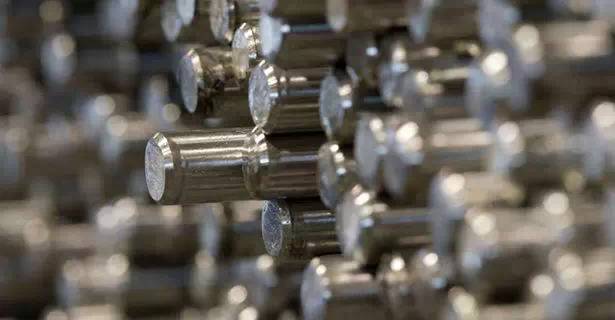As stated in a related announcement, President Donald Trump clarified that additional tariffs of the same magnitude will be imposed on imported aluminum.
During his first term (2017-2021), Donald Trump had also implemented a similar measure to protect the U.S. industry, which he believed was facing unfair competition from Asian and European countries.
Furthermore, he mentioned that he would announce, "on Tuesday or Wednesday," new "reciprocal customs duties" to balance the taxation of products imported into the U.S. with the way American products are taxed abroad. "If they tax us at 130% and we don’t tax, this won’t stand," he warned.
"This won’t affect all countries, because some impose the same customs duties as we do. But those who exploit the U.S. will see equal retaliation," he added. "If they tax us, we will tax them," he had said a few days earlier during a press conference with Japanese Prime Minister Shigeru Ishiba.
Long before his inauguration on January 20th, it was clear that customs duties were at the heart of Donald Trump’s economic and diplomatic approach. They were presented as a tool to reduce the U.S. trade deficit or to secure concessions from targeted nations.
Since last Tuesday, products from China imported into the U.S. have been subject to an additional 10% customs duty. Beijing will retaliate with targeted countermeasures on certain American products today.
The new Chinese tariffs affect American goods worth $14 billion. The tariffs announced by Mr. Trump concern Chinese goods worth $525 billion.
Exports from Mexico and Canada to the U.S. also faced a 25% customs duty, despite the three-country free trade agreement. However, Donald Trump decided at the last moment to grant these countries a one-month suspension after receiving assurances to strengthen border security measures.
The European Union is also in the crosshairs of the U.S. president: he has stated that decisions concerning it will be made "very soon."
During an interview broadcast yesterday, Sunday, by the U.S. television network CNN, French President Emmanuel Macron emphasized that Europeans must be "ready to respond."
He warned against the consequences of such measures for Americans: "If you imposed tariffs on various sectors, this would lead to higher prices and increase inflation in the U.S. Is this what the people want? I don't think so," he noted.
Donald Trump and his team, who promise a "new golden age" for the U.S., have so far downplayed this risk, although the increase in the purchasing power of Americans was central to the Republican's election campaign. The trade deficit of the world’s largest economy rose last year to nearly $920 billion.















